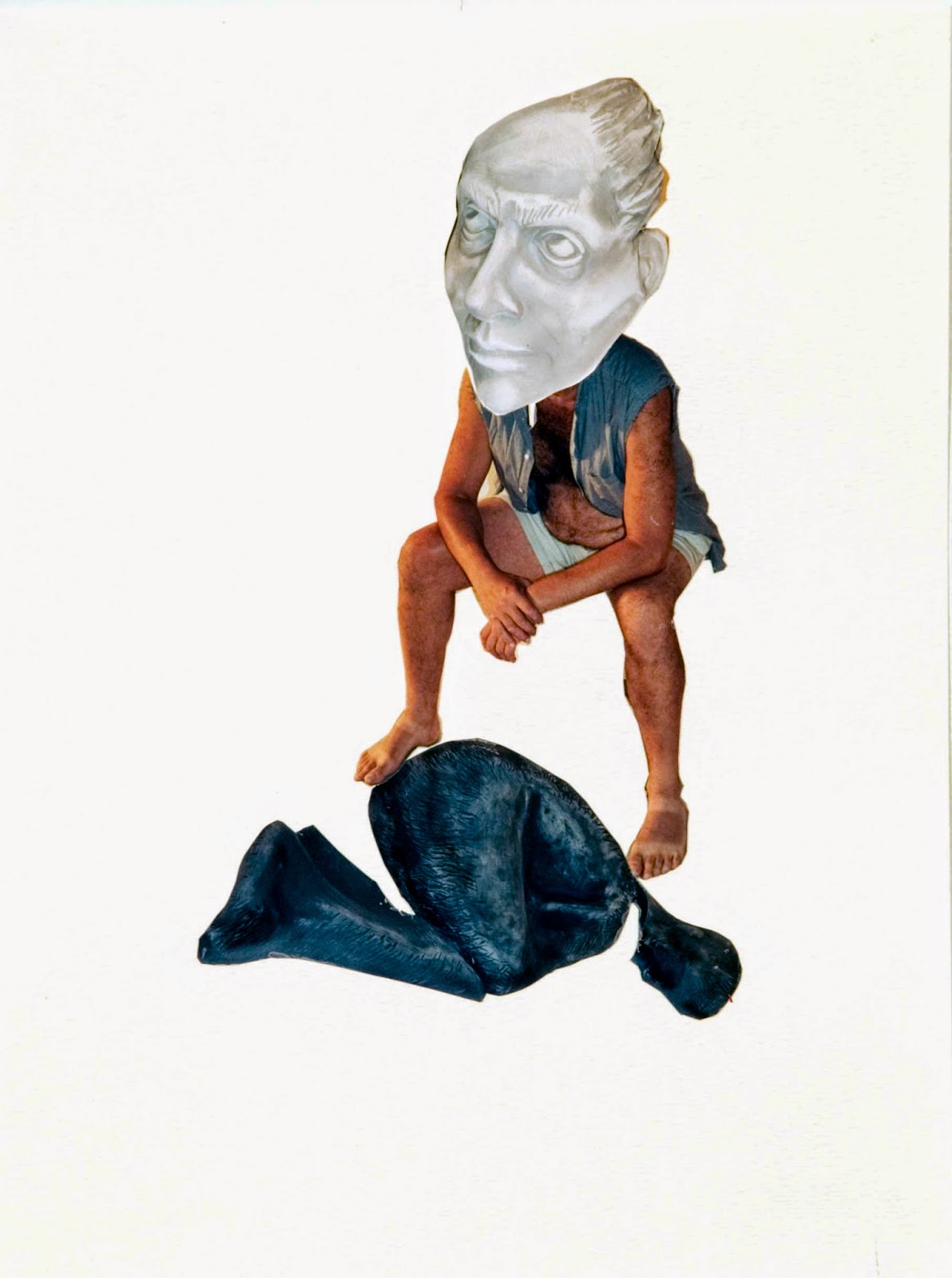Riding the Wave
photo collage
Ok people, we need to
talk about what seems to be a 21st century phenomenon: retirees
taking art courses and expecting to exhibit and sell their creations.
Many
of you come to art after a working lifetime in other fields, all geared up
because sometime in your youth or childhood, you must have done something
artistic (with apologies to Rogers and Hammerstein). You are adults +, have
perhaps been highly successful in positions of power or authority; perhaps you
brought children to adulthood and usefulness, perhaps you have accomplished
miracles as members of philanthropic associations and/or garnered respect for
your knowledge in and contributions to your field. Or conversely, maybe you
endured or even hated the domain that ate up your creativity and felt
dissatisfied and under-appreciated in it; you have spent a lifetime dreaming of
something more exciting, maybe something sexier.
Then you have retired,
or approached retirement. Your profession no longer needs you, or you no longer
need it.
What
to do? Too many of you come to art classes expecting to just cross the floor,
to sashay gracefully into being ‘an artist’ at the same level and with the same
ease with which you were something else, and for the same or better acclaim. Perhaps
you’ve held on to that pleasure or praise you got from a teacher long ago, or
nurtured the idea that you’d have been an artist if life hadn’t conspired
against you. All you have to do is to just do it and all will be well.
I
hate to be the one to bring this up but I must point out that it doesn’t quite work
that way.
Seniors retire and come
to art classes as adults, expecting to pick up where they left off, forgetting
they often left off art as children or youth. They believe that the knowledge,
skill and attitudes, but especially the desire they had then are sufficient, that
with a couple of courses here, a few how-to’s there and very little practice in
between, they will become ‘artists’.
It doesn’t seem to
matter to them that art is a living practice, that its tools, its materials, its subjects, its styles, its
themes and its concepts have kept pace with an eve-changing world. They
disregard the fact that others have dedicated their lives to research,
discussion, debate and practice to sustain, grow and popularize the profession.
They will be the artists they were as children or youth and ignore, even
disdain, the entire body of knowledge and skill that has evolved into today’s
art world.
As an educator, this is
my lesson if you are one of these seniors: Forget supplementing your retirement
income. Make art because you have your own images clamouring to be expressed,
for which you will take whatever time it takes to learn and develop the
necessary skills, techniques and concepts. But do so aware, connected. If you
are the artist you imagine you always were, if you really love art, not just
the romance of it, then you will engage with all aspects of the profession to
fill in the gaps in your knowledge and understanding. You will find this
exciting, not onerous; you will not lament the money, space, time and effort it
will take. You will support the profession not just as a maker, not just to
exploit what others have accomplished, but also as an informed viewer. You will
respect what it is to ‘be’ an artist.

No comments:
Post a Comment